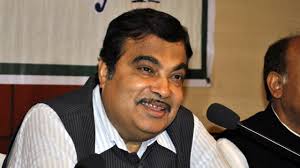It is estimated that the subsidiary of Jubilant Life Sciences Ltd will make the drug available to more than 1,000 hospitals providing COVID-19 treatment in India through its distribution network. It will also offer a 24-hour helpline to enhance access to the drug during the pandemic.
Jubilant Bhartia Foundation, the Jubilant Group’s non-profit organization, also plans to launch programmes to give increased access to the drug for patients below the poverty line and to frontline paramedical staff.
“We have launched the product at affordable prices and strive to make it available in sufficient quantities to meet high demand for the drug in the Indian market and in other countries," said Mr Shyam S. Bhartia, chairman and managing director, and Mr Hari S. Bhartia, co-chairman of Jubilant Pharma Ltd, in a statement.
The company added that the entire treatment will cost around Rs 28,200 (US$ 400.05) as the treatment requires six vials of the drug.
Pharma major Gilead Sciences Inc., the innovator of remdesivir, had signed a pact with Jubilant Life for licensing the generic of its novel drug and for its sale in 127 low- and middle-income countries, including India.
The licence was given on a royalty-free basis till an alternative drug is discovered, or till the World Health Organization declares the end of its ‘Public Health Emergency of International Concern’ for the drug. The freedom to the companies is also given to price their products.
On 20 July 2020, Jubilant received approval from the Drug Controller General of India to manufacture and market the antiviral drug for restricted emergency use in India for the treatment of severe COVID-19 patients. ‘JUBI-R’ will require to be administered intravenously in a hospital setting under the supervision of a medical practitioner, it added.











